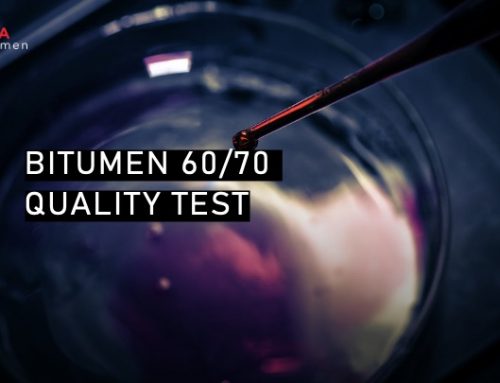Bitumen 60/70 in highway construction is most useful and it is a type of penetration grade bitumen commonly used in highway construction. Its designation, “60/70,” refers to the penetration range of the bitumen, indicating its hardness and viscosity. Here’s a detailed overview of its role and benefits in highway construction:
Properties of Bitumen 60/70
Penetration: The penetration value of 60/70 means that a standard needle penetrates the bitumen sample to a depth of 60 to 70 tenths of a millimeter under specified conditions.
Softening Point: It typically has a softening point of 48-56°C, making it suitable for various climates.
Viscosity: It has a moderate viscosity, balancing flexibility and strength.
Ductility: High ductility ensures that the pavement can withstand thermal expansion and contraction.
Applications in Highway Construction
Surface Dressing: Bitumen 60/70 is often used for surface dressing, providing a protective layer to the road and improving skid resistance.
Asphalt Concrete: It is used in the production of asphalt concrete, a common material for road surfaces. Its properties ensure a durable and smooth roadway.
Prime Coat: It can be used as a prime coat before laying asphalt concrete, improving adhesion between the base and the asphalt layer.
Benefits
Durability: Provides a long-lasting road surface, reducing maintenance costs.
Flexibility: Can accommodate minor movements and deformations in the road without cracking.
Weather Resistance: Performs well in various weather conditions, including high temperatures and heavy rainfall.
Skid Resistance: Enhances road safety by improving skid resistance.
Process of Using Bitumen 60/70 in Highway Construction
Heating: The bitumen is heated to around 150-160°C to reach a workable consistency.
Mixing: It is mixed with aggregate materials to form asphalt concrete.
Laying: The hot asphalt mix is spread and compacted on the road surface using paving machines and rollers.
Compaction: Ensures the asphalt mix is adequately compacted to achieve the desired density and smoothness.
Environmental Considerations
Recycling: Bitumen 60/70 can be recycled, reducing environmental impact and conserving natural resources.
Emissions: Proper handling and modern technologies can minimize emissions during heating and mixing processes.
Quality Control
Testing: Regular testing of penetration, softening point, ductility, and viscosity is crucial to ensure the bitumen meets the required standards.
Inspection: On-site inspections during the construction process help maintain quality and consistency.
Using Bitumen 60/70 in highway construction ensures a balance of performance, durability, and cost-effectiveness, making it a preferred choice for many road projects.





Leave A Comment